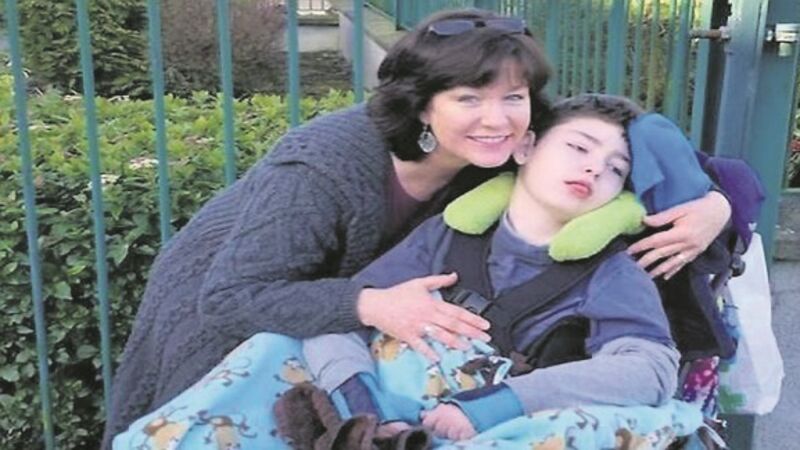Train carers as nursing assistants and pay them fairly and accordingly

Today, as the weather continues its plunge into winter, Tracy McGinnis has no heating in the home in Kildare she shares with her two sons, one of whom is severely disabled and may not have much longer to live.
She keeps the fire going downstairs and has an electric fire going in the boys’ room which she switches to her own room for a few minutes before she goes to bed.

















